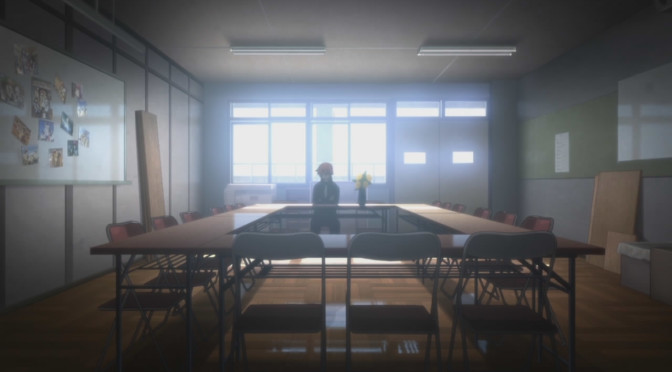
“Between 10 – 15 % of children in the industrialized world are victims of sexual abuse,” according to UNICEF’s latest Progressive Report. “The health of children…and child prostitution is reported to be rife in 32 countries.”
On her thirteenth birthday when a young girl’s fantasy turns to romance, Monique was already pregnant. Her uncle under whose care the young girl was placed after the death of both her parents was the father of Monique’s unborn child.
The catastrophic effect of HIV/AIDs has greatly affected children around the world. Orphans and vulnerable children live under enormous pressure from all sides. Our children are in trouble. Do you require further proof for the need of sex education in schools? Not if these statistics are anything to go by.
The Geneva Convention of 1973 number 46 on human rights has been adopted and made into legislation in most signatory countries. Everyone has a right to basic human needs, shelter, clothing, education. School is the best place to offer sex education.
Parents pay tuition, work hard to clothe and ensure students’ needs are met. This tight schedule leaves parents with little time to assist the student with academic studies or engage students in discussions around sexuality. Teachers work to cover set curriculum. The student is overwhelmed by expectations on his/her life by teachers, parents and society. Who does the student turn to for support?
The extended family structures which provided guidance and counseling to young people and emotional support are no longer effective. Young people have no one to consult with on matters of sexuality and nowhere to turn to except school where most of their time is spent among peers.
Education is not the work of teachers alone. Parents have a huge role to play in shaping the destiny of their children. Making provision for the student to attend school is only part of a parent’s responsibility. Parents need to make time and discuss sex openly with their teenagers at home.
Schools provide favorable environment for integration of sex education into the curriculum. Young people interact with the opposite sex and the between the sexes has no boundary.
In addition, courses such as biology which introduce human sexual organs functions are taught in school. Parents, teachers and students stand to gain from such courses should school’s curriculum include health education as a subset of biology class such as trigonometry in mathematics. How would such a program work?
“Nothing is as powerful as an idea whose time has come,” Victor Hugo, the playwright noted. Sex education in schools is one such idea. Young men and women have the right to live healthy lives. Resources are available. The time to take action is now!
Featured Image: myanimelist.net